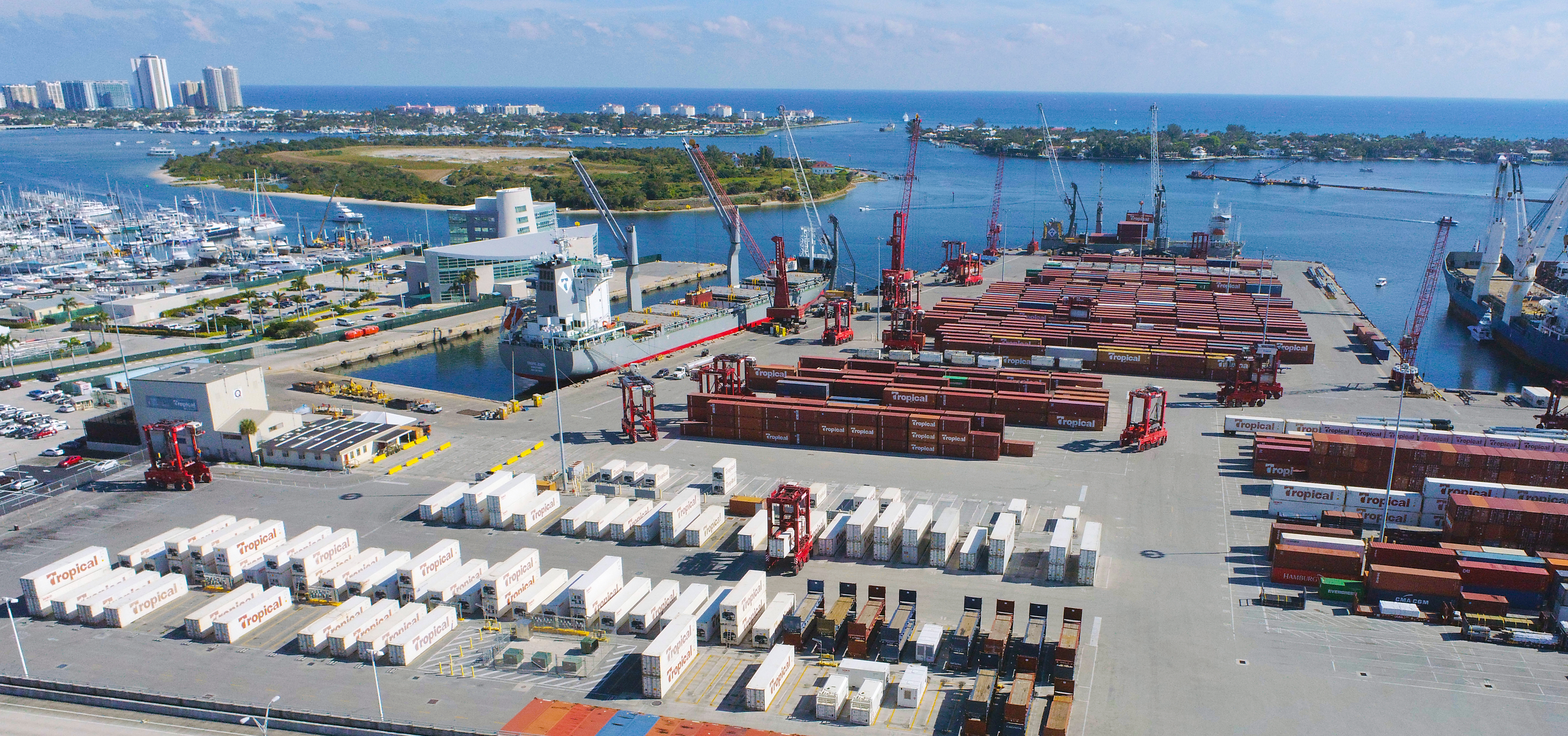Port of Oakland Implements Secure Truck Enrollment Program
The Port of Oakland announced the implementation of the Secure Truck Enrollment Program also known as STEP, a component of the Port's Comprehensive Truck Management Program (CTMP).
STEP was funded through Proposition 1B, a measure passed by California voters in 2006. The first trucking company signed up for the Port of Oakland truck registry program in spring of 2010.
Port Executive Director Omar Benjamin said STEP had reached a major milestone. “Since April we have successfully gone from zero to five –thousand! We now have more than 5,000 trucks registered in this system.” Benjamin said. “We have been working on the Port’s five-year Strategic Plan. One of our major strategic priorities is to sustain economic growth at the Port of Oakland. An important element of sustained growth is protecting our people and the critical infrastructure vital to Port business. Today we are celebrating another great step in protecting our port, for the region and our nation.” The more than 5,000 trucks in the registry are all associated with LMC’s (licensed motor carriers/trucking companies) that have signed agreements with the Port of Oakland to be partners in a secure Port.
Port Commissioner Margaret Gordon recognized The California Emergency Management Agency (CalEMA) for its work managing California’s port security program. CalEMA developed an inclusive and precedent-setting process that allowed California ports to work together to prioritize security projects across the state relative to Prop 1B funding. CalEMA’s port peer review process is considered a model for regional port security. It can serve as a valuable benchmark for other states that wish to work directly and cooperatively with their ports.
Port of Oakland Facilities Security Officer Mike O’Brien said, “The Port’s truck registry is a user-friendly database so that it’s easy for us to find the contact information we need and work collaboratively with local law enforcement if we have a report of suspicious behavior.” O’Brien explained, “We now have a fully-functional and centralized trucker database at the Port of Oakland. This new capability adds another significant layer to both maritime and supply chain security here at our Port.”
O’Brien mentioned other benefits from the Port’s truck registry system. “We can also update the LMC’s on the status of our Port and the surrounding area so that they can make timely dispatching decisions. This results in improving their operations.” O’Brien thanked business and law enforcement focus groups for their invaluable feedback when the system was being designed. He said that this system will be able to integrate with other databases and technologies in the future. The Port Registry increases Port communication and outreach capabilities to the Port trucking community, keeping them updated on the Port's security initiatives. As part of the CTMP, the Port is increasing its maritime safety and security domain awareness, outreach capabilities, and general knowledge of the trucking entities and trucking operations conducted on Seaport property. To achieve these goals, the Port has implemented the truck registry database and Secure Truck Enrollment Program Agreement (“STEP Agreement”), together known as the “Port Registry”.
The first phase of the security component of the Port’s Comprehensive Truck Management Program (CTMP) includes the design, development and integration of two separate solutions that are a Port Drayage Truck Registry (DTR) and a Truck Asset Management System (TMS). The DTR is a web-accessible registration system that captures important information about Licensed Motor Carriers, their trucks and drivers to qualify their compliance with the Port security requirements. TMS is an operations data repository and assessment tool that provides visibility to the transit movement of trucks performing drayage operations at the Port of Oakland. It is the combination of registration and in-transit visibility of drayage operations that will deliver improved domain awareness from a safety and security perspective.
The Port Registry administers and issues secure truck registration certificates and unique decals for every truck serving the Port. Currently, more than 420 Licensed Motor Carriers have enrolled in the STEP program and there are more than 5,000 trucks and drivers whose data is being retained in these systems.
Looking for a reprint of this article?
From high-res PDFs to custom plaques, order your copy today!







